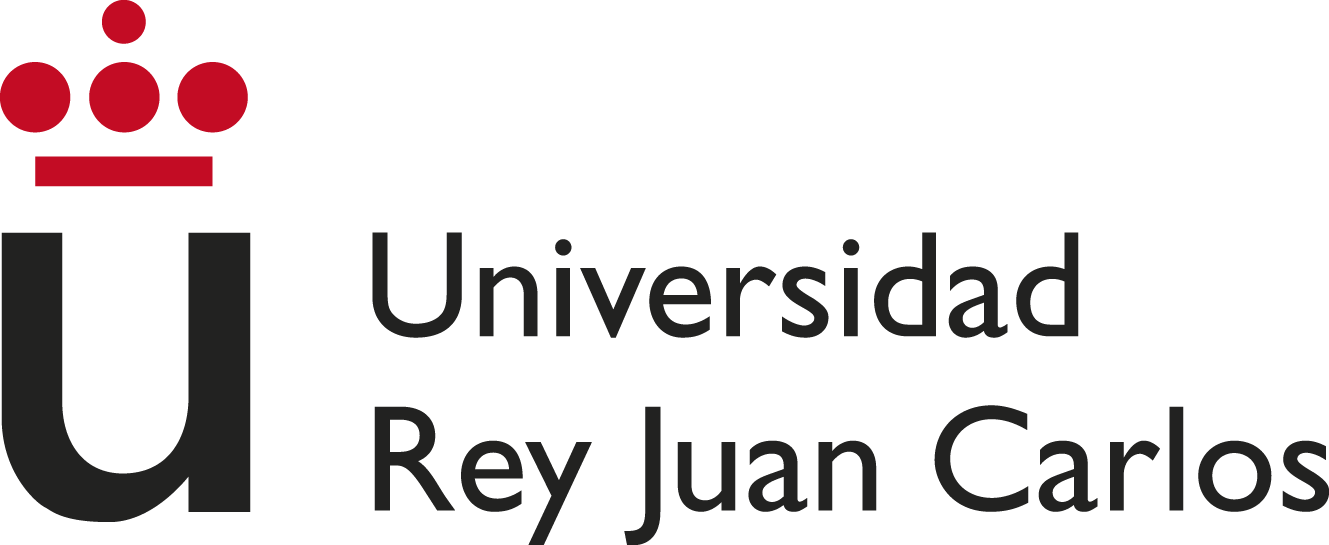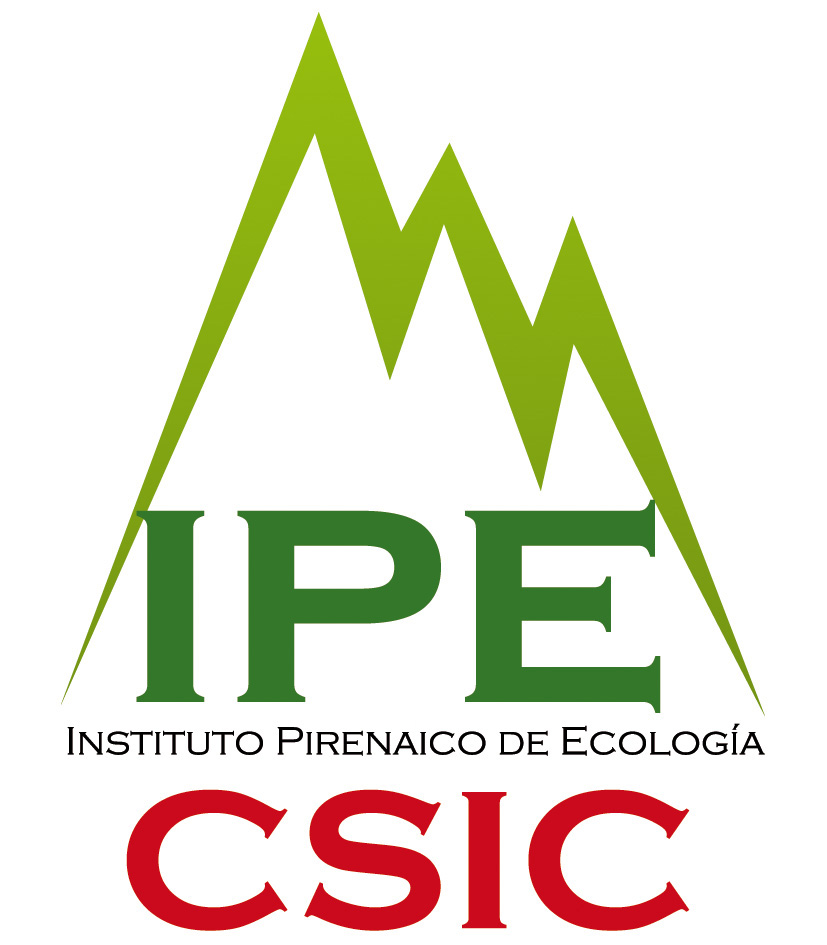Wiki Water Map
Date
From 2023
Type
Environment
Colaborators
-
Status
Research
OBJECTIVES
Document the water quality in rivers, lakes, and other watercourses throughout the spanish territory. Compile and share these data in a collaborative map, aiming to promote awareness and sustainable management of our water resources.
WWM project does not seek to be a scientific research project but rather a space for dissemination and citizen awareness about the real state of one of our most valuable resources: water.
THE 'WIKI WATER MAP' PROJECT (WWM)
The quality of water in our rivers, lakes, and streams is essential for the health and wellbeing of our communities and ecosystems. However, we often lack accessible and up-to-date information about the water quality in our local environments. The Wiki Water Map project aims to address this knowledge gap.
Through our GIS (Geographical Information System) technology, we have developed a map of all water analysis stations in Spain, categorized by hydrographic basins. On this map, users can view each water station one by one, where the data is collected, and subsequently download an excel file containing data of all parameters obtained in the past year at all stations.
After conducting a search on the map, users can download the results of the chemical analyses carried out by all the existing analysis stations in each of the hydrographic basins from the following section. With a simple search, they can access all the parameters obtained in the last year at each of these stations.
WORKLINES
-
Facilitate citizen participation in the project through the provision of comprehensive and updated data about water quality in different natural spaces throughout the Spanish geography.
-
Search for public or private funding to support the project's activities and encourage strategic partnerships.
-
Work with our partners to interpret the results of water analysis and promote sustainable water management through awareness and dissemination projects.
Wanna talk? dlab@dstudio.es
ACKNOWLEDGMENTS
Universidad Rey Juan Carlos, Ministerio para la Transición Ecológica, Enrique Navarro, Instituto Pirenaico de Ecología, Consejo Superior de Investigaciones Científicas


